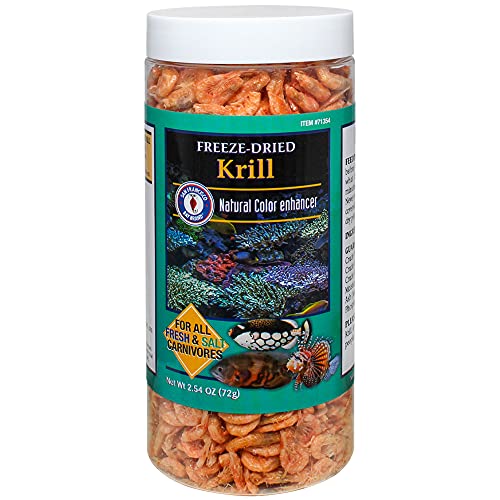Paul
Ok, I do not have that much of an issue of it then, as I have done the same in that fashion, for the same reasons. When neutrilized, it just ends up as chloride ions. I do not want anyone getting the idea it is OK to add bleach to their tank and things will be just "ducky". And I would not be using std dechlor but something like Amquel.
BUT, you did say
As for increasing the redox, I sometimes treat NSW with bleach
NSW redox (300-400mV) is usually way above any freshly made seamix (250-275 mV).
I do not mean to pop anyones bubble but that suff you pisswhine about in swimming pools and hot-tubs, that smells and burns your eyes, is NOT CHLORINE but Chloramine. When ever chlorine/bleach hits the water it just kinda seeks out ammonia and organics tied with ammonia. This reaction between chlorine and ammonia produces chloramine (CHLOR_ine +AMmoniaINE molecules. It is the chloramine gas that you smell and what hurts your eyes. A pool, freshly set-up with chlorine, has not such smell or irritation. Once Mojo gets in there and pee's in it, spills his beer or releases body chemicals, they react with the chlorine to poduce chloramine. It takes not sec. or min., for chloramine to leave a system like chlorine/bleach, but weeks. It has a very long half-life. It is the reason why almost all tap water supplies are going to chloramine. It does a better job, is less reactive and lasts longer than chlorine.
The way treament plants do this is just what you are doing with the bleach kinda'. The supply water has ammonia in it (which they add), which is then injected with chlorine when it leaves the plant. This reaction produces the amount and kind of chloramine that is produced.
Andrew
Most chemical reaction are nonbiological.
is that skimming particulary good skimming essentially makes the stable environment we are tring to achieve unstable because of the rate at which it removes nutrients
The stystem is MORE unstable without the skimmer than with the skimmer. You are overloading the system rather than unloading the system without a skimmer. On another note some systems can run fine without a skimmer, especially those with a good ref. and reef keeping.
The premise I am putting forward is that skimming along with all the bad stuff it removes also removes alot of essential nutrients this I hypothesize contributes to drastic shifts in bio-available nutrients to the reef and also to Algae
There are more nutrients in any reef tank than the system knows what to do with and many times more nutrients in a reef tank than a coral reef. That is the reason behind skimming and a ref. to reduce the nutrient load. Most tanks do not need nutrient or elemental sup, other than things like Ca, Mg, CO3--, HCO3-, etc.., BUT they sure get them. There is no such thing as a nutrient deficient reef tank.
I agree with this 100% and this is part of the premise I was attempting to establish is that we add to replace in part what the skimmer extracts HOWEVER the rate at which we add does not always match what the skimmer takes out and as a result algae takes up the excess and we have an algae bloom shift crisis whtever you want to call it. Tanks that have run well for years I am sure midify their supplementation over time in orer to find the balanc again but in between Algae rears its head in some shape form
Tanks that have run well for years I am sure midify their supplementation over time in orer to find the balanc again but in between Algae rears its head in some shape form
Yes, for sure

In short, the reef keeper screwed-up somewhere.

































































